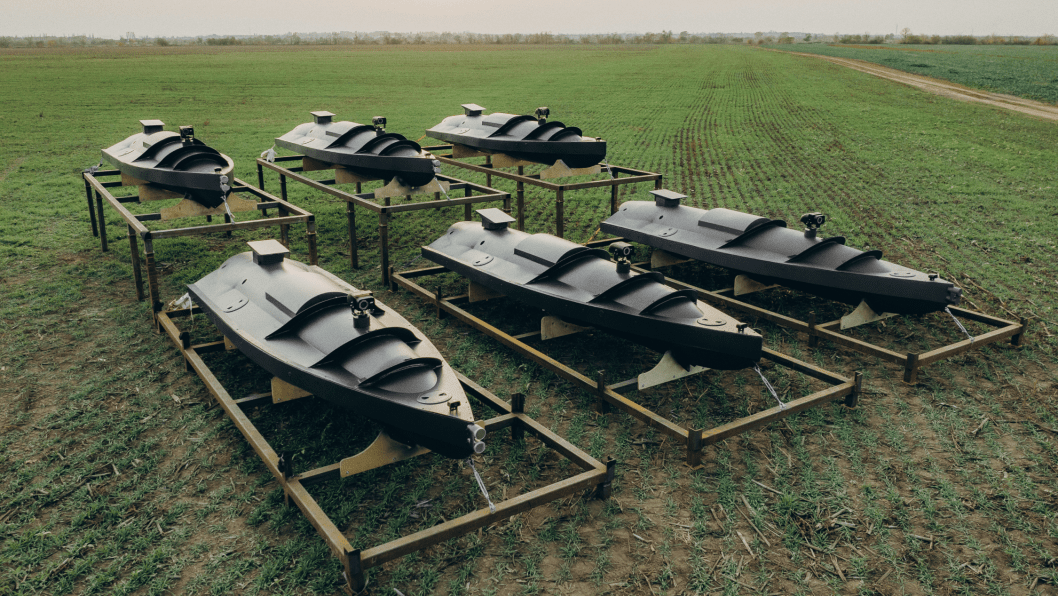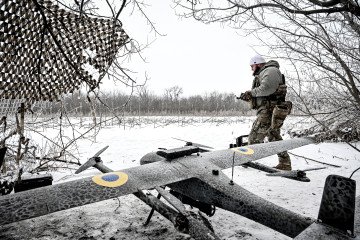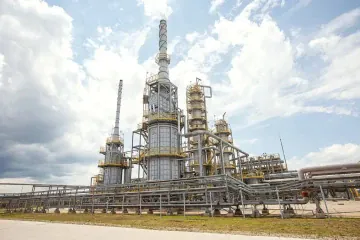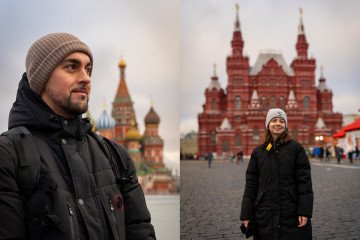- Category
- Latest news
Russia Could Face Economic Collapse by End of 2025, Ukraine’s Intel Chief Warns
-9c04808e0ff8ce04eed977a8db36e38f.jpg)
Russia is rapidly depleting its economic and military resources and could face a severe economic crisis by the end of 2025, according to Oleg Ivashchenko, head of Ukraine’s Foreign Intelligence Service in an interview with Ukrainian media Ukrinform on May 25.
In an interview, Ivashchenko warned that while Moscow remains committed to full control over Ukraine and former Soviet republics, its capabilities are being steadily eroded.
“Their desire hasn’t changed. They still want total control over Ukraine,” Ivashchenko said. “But desire does not mean capability. They are exhausted—technologically, economically, and diplomatically.”
Despite ongoing military operations, Ivashchenko noted that Russia has failed to make significant battlefield gains. “Their goal is to seize full control over the Donetsk, Luhansk, Zaporizhzhia, and Kherson regions,” he said. “But they simply cannot fully implement that plan.”
Moscow has also spoken of pushing Ukrainian forces out of border areas, but Ivashchenko insists the opposite is happening. “We control several positions on Russian territory, including in the Kursk and Belgorod regions,” he said.
-4311f66b021df23a1eff29eba5d0d105.png)
Russian forces are also attempting to establish a so-called “security zone” in Ukraine’s Kharkiv, Sumy, and Chernihiv regions. “Their ambitions used to stretch 30 kilometers deep. Now, it’s just 5 to 10 kilometers,” Ivashchenko said.
He added that any Russian interest in a ceasefire is merely a stalling tactic: “They want to buy time to regroup. But that doesn’t mean peace—it’s just another phase of preparing for a future attack. They’re bargaining because they’re tired. They lack people, equipment, and time.”
Ivashchenko outlined the sharp decline in Russia’s economic resilience:
The National Wealth Fund has plummeted from $150 billion before the 2022 full-scale invasion to just $38 billion today.
Gold reserves have dropped from 2,300 tons to about 1,700, and yuan reserves are also dwindling.
In the first three months of 2025 alone, Russia has spent $5 billion on war-related expenses.
“These are serious issues for the Russian economy,” Ivashchenko stressed. “By year’s end, we expect major financial problems, labor shortages, and a potential crisis in energy and public utilities.”
The intelligence chief said that Russia has increasingly turned to financial incentives and foreign recruits to replenish its military ranks. Contracts are offered with payouts ranging from $30,000 to $40,000, funded jointly by the federal government, regional authorities, and businesses.

“On the surface, it’s attractive. But in reality, it’s costing Russia dearly,” he said, noting that the Kremlin often fails to deliver promised payments. Foreign recruits are also being drawn in with promises of money and citizenship.
Ivashchenko claimed that this approach helps local authorities avoid depleting their own labor forces: “They’d rather send foreigners to the front and keep locals in factories.”
Russia’s total mobilization pool is about 25 million people—those with military or related training. But only around 3 million are actually combat-ready, Ivashchenko said.
Since February 2022, Russia has mobilized 1.3 million troops, with nearly 1 million more lost to death or injury, according to Ukrainian estimates.
Earlier, Ivashchenko stated that Russia has no intention of ending the war, with 1,000 to 1,200 people signing military contracts there every day.







-111f0e5095e02c02446ffed57bfb0ab1.jpeg)